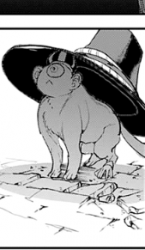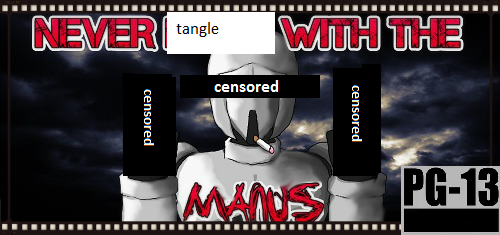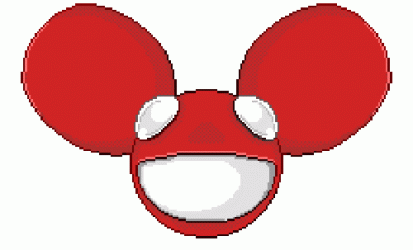Citizen Bleys, I have to say, your french seems very good. Ben can be slang for bien but it would be more like "bein" as in "bein non" which I use quite often.
SIDE LESSON ON FRENCH CANADIAN SLANG a.k.a Quebecois (this most likely does not apply to french spoken in france which is much more proper.)
*This is an actual phone conversation between my boyfriend (let's call him Josh...cuz that's his name) and his friend Eric. It was put on speaker phone, which is how I got both ends of the convo. I most certainly was NOT evesdropping on the other line.....ahem.
Josh: Oui, allo?
Eric: Yo, what's up man? (<---great french)
Josh: Je fais juste relaxer, garder du TV. Puis, que'ce que tu fais de bon, toi?
Eric: Rien, man. ça te tante tu de chiller?
Josh: Non, pas à soir. Appelle-moi demain.
Eric: OK, je t'apelle demain.
Josh: OK, ciao
Eric: Ciao.
Now here is what SHOULD be said.
Josh: Oui, bonjour?
Yes, hello? (Bonjour actually means good day, but is used as hello. If you want it to mean good day it would be bon jour, with a space)
Eric: Qu'est-ce qui ce passe?
What is going on? (Or what is up?)
Josh: Je relaxe et je regared de la télévision. Qu'es-ce que tu fais de bon?
I am relaxing and watching some television. What are you doing good?
Eric: Rien. ça te tenterais-tu de passer du temps ensemble?
Nothing. Do you feel like spending time together?
Josh: Non, pas à soir. Apelle-moi demain.
No, not tonight. Call me tomorrow.
Eric: D'accord. Au revoir.
Alright. Goodbye
Josh: Au revoir.
Goodbye.
*Terminaisons des verbes (for the more advanced student)
Je (I) can finish with S-E-X-AI
Tu (You) can finish with S-X
Il/elle (Him/her/it) can finish with C-A-D-E-T
Nous (Us/we) generally is ONS but occasionally MES
Vous (Them/they) generally is EZ but occasionally ES or TES
***Vous is also used as the polite way of saying you (instead of tu)
Ils (Him/her/it plural) is generally NT
I will now show you the most basic french verbs:
Verbe être à l'indicatif présent (To be)
Je suis
Tu es
Il est
Nous sommes
Vous êtes
Ils sont
Verbe avoir (To have)
J'ai
Tu as
Il a
Nous avons
Vous avez
Ils ont
*I am not able to conjugate verbs in that manner in English because I stopped going to an English school when I was 7. If anyone wants to teach me, I would be happy to learn.





 Reply With Quote
Reply With Quote

















